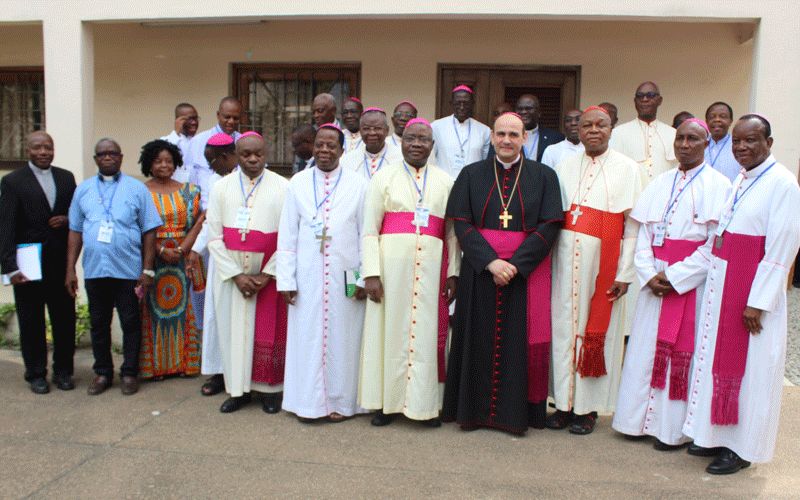Abidjan, 19 February, 2020 / 2:41 am (ACI Africa).
The grabbing of land in Africa by “multinational” corporates keen on maximizing their profits without paying attention to the livelihoods of natives on the continent has been a key highlight during the weeklong gathering of Catholic Church leaders at the helm of the Regional Episcopal Conferences of West Africa (RECOWA) that concluded Monday, February 17.
The concern, which was underlined by RECOWA President at the beginning of the meeting in Abidjan, Ivory Coast, was discussed alongside other challenges affecting the people of God in the region, including insecurity characterized by targeted kidnappings and killings.
“It is estimated today that more than 60 percent of the agricultural land available in the world is in Africa, south of the Sahara,” RECOWA President, Archbishop Ignatius Kaigama had observed in his address at the beginning of the 8th Standing Committee meeting of the regional conference, pointing to a statistic ascertained by Grow Africa.
“Paradoxically, the massive grabbing of these lands, which results in the expropriation of the poorest populations, is done in the name of economic and social development,” the Nigerian Prelate had lamented and explained, “the exploitation made of the immense areas of the grabbed land (often hundreds of thousands of hectares per operation) conforms in no way to the most pressing needs of the populations concerned.”
Having deliberated on the matter, the members of RECOWA’s Standing Committee have, in a collective message dated February 16, faulted multinational entities for depriving Africans of their farming lands.








